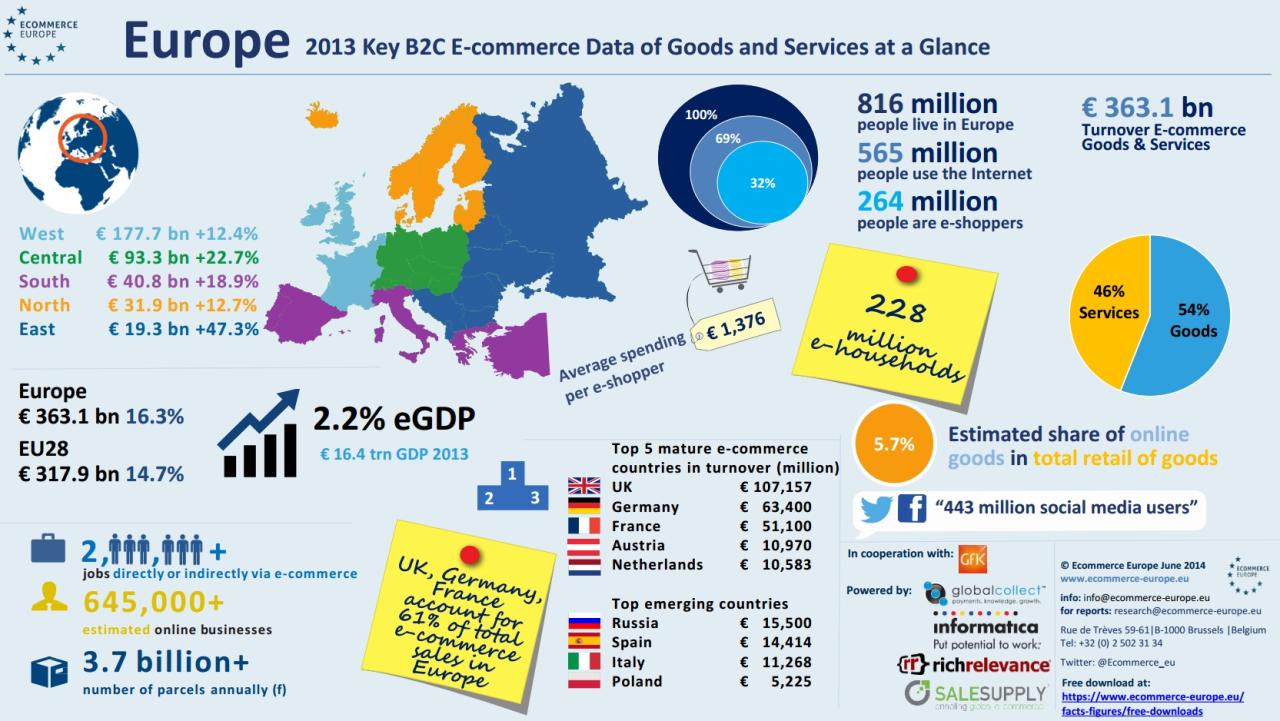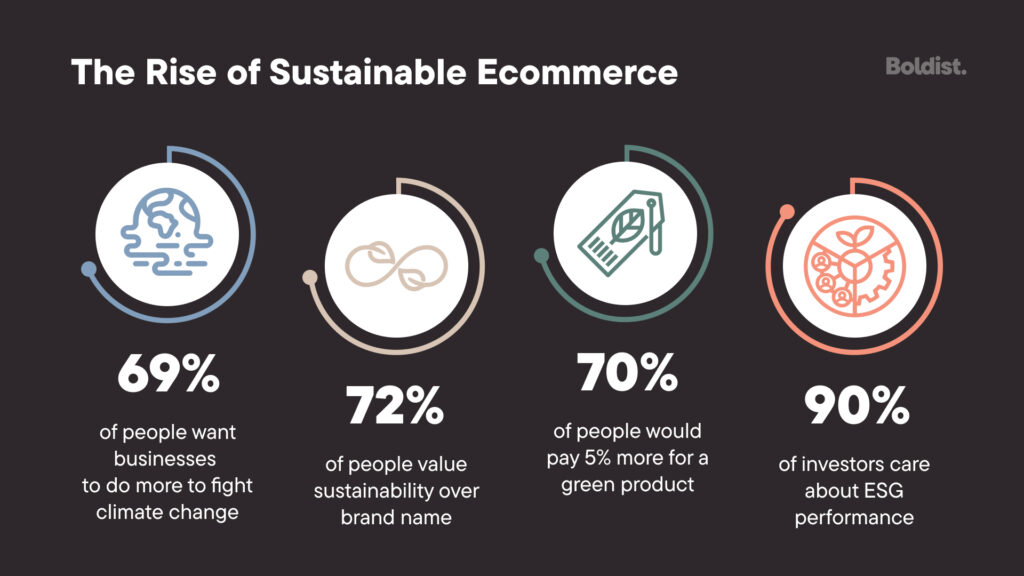Building Customer Trust in Ecommerce: Global Perspectives sets the stage for this enthralling narrative, offering readers a glimpse into a story that is rich in detail and brimming with originality from the outset.
As we delve into the various aspects of customer trust in the realm of ecommerce, we uncover a world where transparency, security, and effective communication play pivotal roles in shaping consumer perceptions.
Importance of Building Customer Trust in Ecommerce
Building customer trust in ecommerce is essential for the success of online businesses. When customers trust a brand, they are more likely to make purchases, return for repeat business, and recommend the brand to others. Trust plays a significant role in shaping consumer behavior and influencing buying decisions in the digital marketplace.
Impact of Customer Trust on Sales and Brand Loyalty
Customer trust directly impacts sales and brand loyalty in ecommerce. When customers trust a brand, they are more willing to make a purchase, even if it is their first interaction with the company. Trust creates a sense of security and reliability, leading to increased sales and revenue for the business.
Additionally, trust fosters brand loyalty, as satisfied customers are more likely to return for future purchases and become brand advocates.
- Customers are more likely to make repeat purchases from a brand they trust, leading to higher customer lifetime value.
- Positive reviews and word-of-mouth recommendations from trusted customers can significantly impact brand reputation and attract new business.
- Building trust through transparent communication, secure transactions, and excellent customer service can differentiate a brand in a competitive ecommerce landscape.
Global Perspectives on Trust in Ecommerce
Different cultures perceive trust in ecommerce differently, influencing consumer behavior and online shopping habits. In some regions, such as North America and Europe, trust is closely linked to data privacy and security, with customers prioritizing brands that prioritize their personal information.
In contrast, in regions like Asia, trust may be more influenced by social proof and recommendations from friends and family.
- In Japan, for example, trust is often built through long-term relationships and personalized customer service, leading to high customer loyalty.
- In China, social commerce platforms leverage trust in online communities and influencers to drive sales and build brand credibility.
- In the Middle East, trust in ecommerce is tied to the reputation and credibility of the seller, with customers valuing authenticity and reliability in online transactions.
Strategies for Building Customer Trust
Building trust with customers in the ecommerce world is crucial for long-term success. Here are some effective strategies to consider:
Transparent Pricing and Customer Reviews
One key strategy for building trust is to maintain transparent pricing practices. Customers appreciate honesty and clarity when it comes to the cost of products or services. Additionally, customer reviews play a vital role in establishing credibility. Encouraging customers to leave feedback and reviews can help build trust with potential buyers.
Role of Secure Payment Options
Offering secure payment options is essential in gaining customers' trust. Implementing trusted payment gateways and ensuring data security can reassure customers that their financial information is safe. This sense of security can significantly impact their purchasing decisions.
Regional Customer Service Approaches
Customer service practices can vary across different regions, and understanding these differences is crucial in building trust. For example, customers in some regions may value personalized interactions, while others prefer efficient and quick responses. Adapting your customer service approach to meet the cultural expectations of your target audience can help establish trust and loyalty.
Trust Symbols and Certifications

In the world of ecommerce, trust symbols and certifications play a crucial role in building confidence and credibility among customers. These symbols and certifications serve as indicators of a platform's commitment to security and quality, ultimately enhancing the overall customer trust.
SSL Certificates
SSL (Secure Sockets Layer) certificates are one of the most common trust symbols used by ecommerce websites. These certificates encrypt data exchanged between the user's browser and the website's server, ensuring that sensitive information such as payment details are secure from potential cyber threats.
The presence of an SSL certificate is often indicated by a padlock icon in the browser's address bar, reassuring customers that their data is protected.
ISO Standards Certifications
ISO standards certifications, such as ISO 27001 for information security management or ISO 9001 for quality management, demonstrate a company's commitment to meeting international standards of excellence
This, in turn, boosts customer trust and confidence in the brand.
Examples of Successful Implementation
One prime example of an ecommerce platform effectively utilizing trust symbols is Amazon. With prominent SSL encryption and secure payment options, Amazon has built a reputation for being a trustworthy and reliable online marketplace. Additionally, platforms like Shopify and eBay prominently display their SSL certificates and security badges, instilling confidence in customers to make purchases without hesitation.
Data Privacy and Security Measures

Data privacy and security are crucial aspects of building trust with customers in the ecommerce industry. Customers need to feel confident that their personal information is safe and secure when making online transactions. Let's delve deeper into the importance of data privacy and the security measures implemented to protect customer information.
Encryption and Two-Factor Authentication
Encryption plays a vital role in safeguarding customer data in ecommerce transactions. By encrypting sensitive information such as credit card details and personal data, businesses can ensure that this data is unreadable to unauthorized parties. This helps in preventing data breaches and unauthorized access to customer information.Two-factor authentication adds an extra layer of security by requiring users to provide two different authentication factors to verify their identity.
This could include a password combined with a unique code sent to their mobile device. By implementing two-factor authentication, ecommerce platforms can significantly reduce the risk of unauthorized access to customer accounts.
Global Data Protection Regulations
Global data protection regulations, such as the General Data Protection Regulation (GDPR) in the European Union, have a significant impact on how ecommerce companies handle customer data. These regulations set strict guidelines on the collection, storage, and processing of personal data, ensuring that customers have control over their information and how it is used.Businesses that comply with these regulations not only avoid hefty fines but also build trust with customers by demonstrating their commitment to protecting personal data.
By following global data protection regulations, ecommerce companies can enhance transparency, accountability, and ultimately, customer trust in their platforms.
Building Trust Through Customer Communication

Effective customer communication plays a crucial role in building trust in the realm of ecommerce. By personalizing interactions and engaging with customers in a meaningful way, businesses can establish a strong connection and instill confidence in their brand. Let's delve into strategies for fostering trust through customer communication and explore examples of brands excelling in this area.
Personalized Communication Strategies
Personalization is key in customer communication. Tailoring messages to individual preferences and needs can create a more personalized experience, leading to increased trust and loyalty. Strategies for personalized communication include:
- Sending targeted promotional offers based on customer purchase history
- Addressing customers by name in emails and messages
- Providing personalized product recommendations
Engaging Customer Communication Examples
Several brands have successfully utilized effective communication to build trust with their customers. For instance, Amazon implements personalized product recommendations based on browsing history and purchase behavior, enhancing the shopping experience. Similarly, Sephora's Beauty Insider program offers personalized beauty tips and rewards, fostering a sense of community and trust among their customers.
Ultimate Conclusion
In conclusion, the exploration of Building Customer Trust in Ecommerce: Global Perspectives highlights the intricate dance between businesses and consumers worldwide, emphasizing the importance of trust as a cornerstone for successful ecommerce ventures.
FAQ Insights
Why is customer trust crucial for ecommerce success?
Customer trust is crucial in ecommerce as it influences purchasing decisions, brand loyalty, and overall business reputation.
What are some strategies for building customer trust?
Strategies include transparent pricing, customer reviews, secure payment options, and effective customer communication.
How do global data protection regulations impact ecommerce trust?
Global data protection regulations impact ecommerce trust by ensuring customer data is handled securely and ethically, building trust with consumers.




